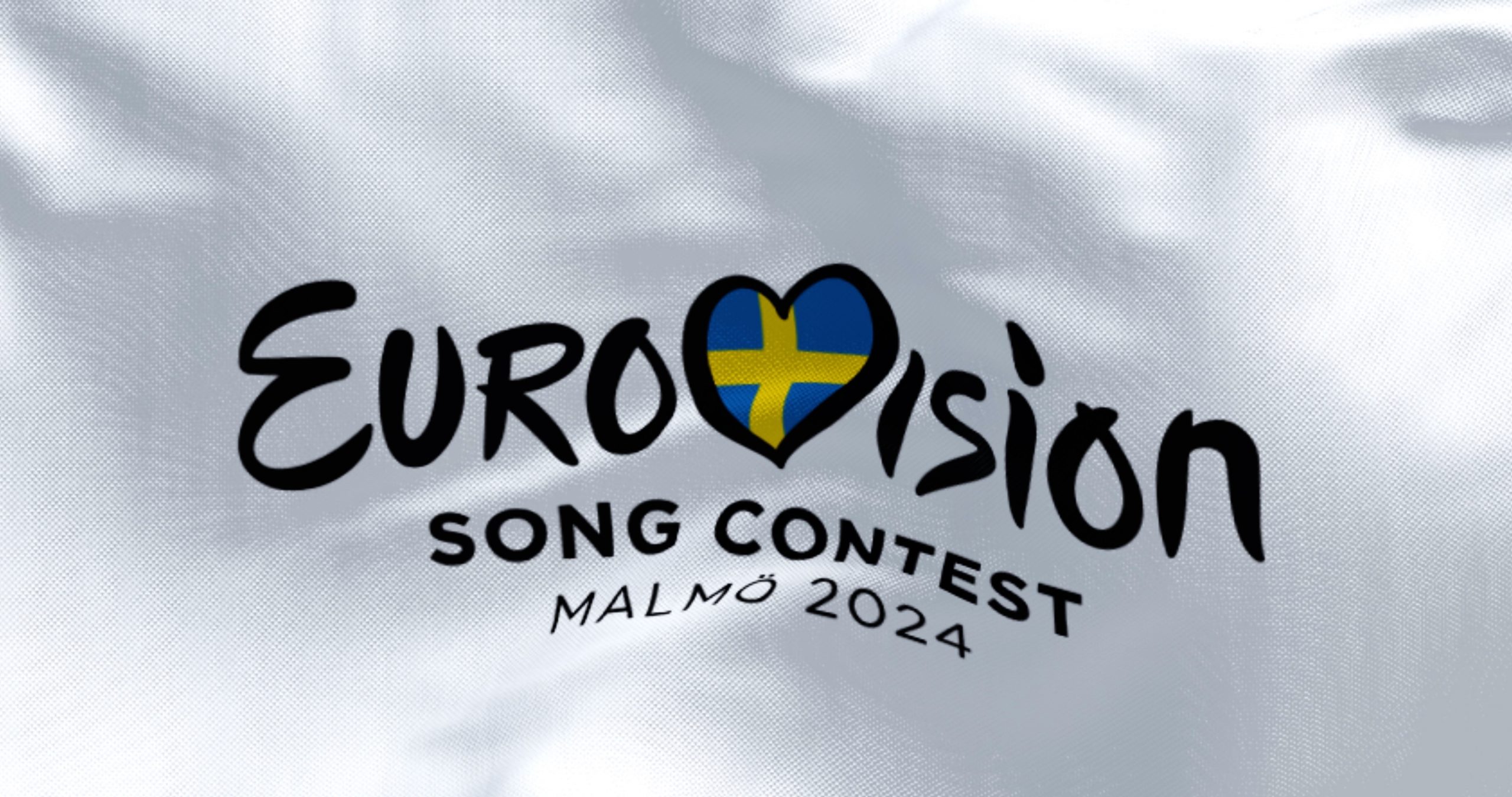A bombshell was reported in this weekend’s edition of TA NEA about the upcoming Eurovision Song Contest.
The news, which was published on the front page of the newspaper, concerns an official brief written by Stavros Avgoustides, Ambassador of the Republic of Cyprus to Athens. In it, he reports to the authorities in Nicosia a conversation he had with the president of ERT, Konstantinos Zoulas, at a recent working meeting at the headquarters of the Greek state broadcaster in Athens.
Their discussion related, among other things, to the upcoming Eurovision Song Contest, and specifically to the scores the Greek jury will be awarding to Cyprus.
According to the report published in TA NEA’s “Mikropolitiko” column, the president of ERT forewarned the Cypriot ambassador to Athens on 22 February that Greece would be awarding a low score to the Cypriot participation at Eurovision 2024.
In other words, speaking in February, he announced the scores of a Greek jury which had not even been formed yet in a vote that would not be taking place for another three months.
The document
The TV show “You ain’t seen nothing yet!” presented a scoop: the document the Ambassador of Cyprus sent to the relevant Cypriot bodies.
The reportage notes among other things that:
“At this point, the Chairman of the Board of ERT raised the issue of mutual support in the Eurovision Song Contest. He said that one of the issues that arose at the meeting he had with members of the Board of RIK, the Cypriot State Broadcaster, was the “low” score which Greece awarded Cyprus in the Eurovision Song Contest.”
It adds:
“Mr. Zoulas noted that in 2023, the ‘independent jury’ appointed by ERT and composed of independent judges/radio producers, ranked the Cypriot song in 7th place, and that ERT was not responsible therefore for the final score which Greece awarded to Cyprus. In relation to Cyprus’ participation in this year’s 2024 Eurovision contest, he stressed that, unavoidably, Greece would not be awarding Cyprus a high score, since the song selected to represent the island this year had previously been rejected by the Greek jury responsible for selecting the song that would represent Greece at the 2023 Eurovision contest.
“Mr Avgoustides pointed out to Mr. Zoulas that, since the particular issue was of minor importance, it would have no significant bearing on the long-term relations between RIK and ERT. He went on to stress that the competition had, unfortunately, acquired a ‘political hue’ over the years, and that it would be advisable to take this factor into account.”
Zoulas’ response
Konstantinos Zoulas made his first statement, clarifying that ERT is not involved in any way in evaluating the Cypriot entries in the competition:
“ERT’s management has never had—and is clearly not permitted to have—any involvement whatsoever in the evaluations reached by the independent Eurovision jury, whose members are nominated each year by ERT’s Communication Directorate. As such, it had no involvement in either the first place awarded to Cyprus by the independent ERT jury in 2021 or in last year’s scores, which placed Cyprus’ participation 7th out of 26 countries.
“I explained this to the Cypriot ambassador at our meeting three months ago—as a side issue, obviously, on the margins of the far more serious issues being discussed, mentioning that those involved with Eurovision at ERT were surprised by RIK’s decision that Cyprus should be represented this year by one of the songs ERT had rejected last year. And, in this context, I told him that I dearly hoped the verdict of the independent jury appointed by ERT this year would not be the same as that of the jury which rejected the song in question, taking it as given, needless to say, that no one—and least of all myself personally—can influence its deliberations. Otherwise, and having noted my astonishment that the Eurovision Song Contest should have featured in a diplomatic brief, especially at a time when cooperation between ERT and RIK is on such an excellent footing, I wish both Cyprus and Greece the best of luck.”
“It’s even illegal”
Antonis Karatzikos, former chairman of the Greek branch of the Organisation Générale des Amateurs de l’Eurovision (OGAE), a non-governmental non-profit international organisation consisting of Eurovision Song Contest fan clubs across Europe and beyond, also took a stance on the issue.
“Because many things were said, and because it is critical how well the participants in a conversation like this know each other, if Mr. Zoulas knows the ambassador well, he could perhaps have been speaking in jest. I’d like to assume that is what happened here.”
As he says, no intervention “is possible; in fact, it’s even illegal. When the jury votes, a notary is present to keep an eye out for any irregularities. That’s all specified in the regulations. He cannot intervene, because any intervention would lead to Greece’s participation being penalized and the jury’s scores being discounted. I don’t know if this document has come to the attention of the European Broadcasting Union, but I can only wonder how they will react to all this.”



